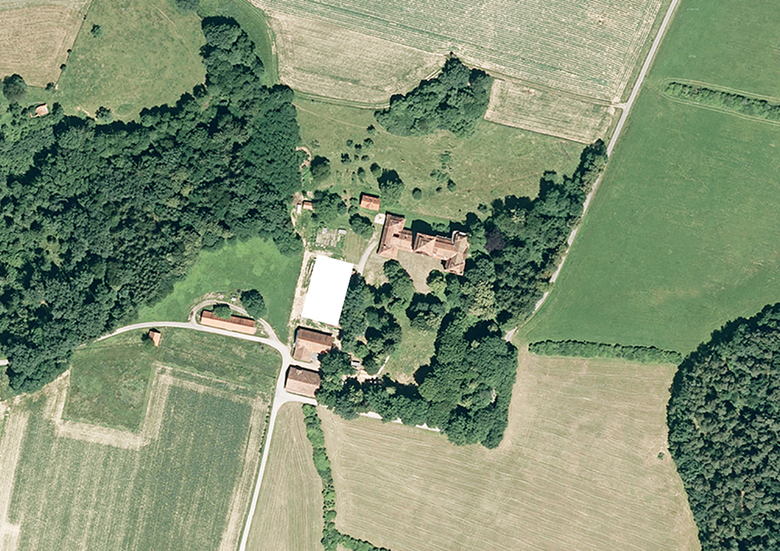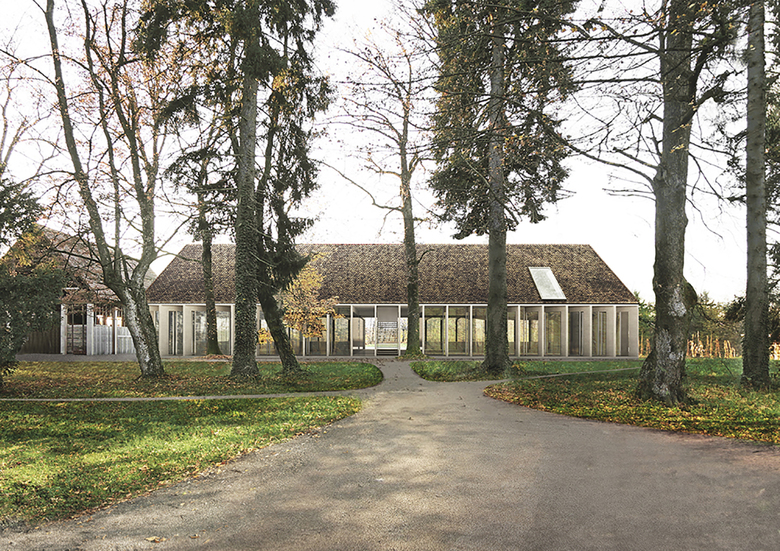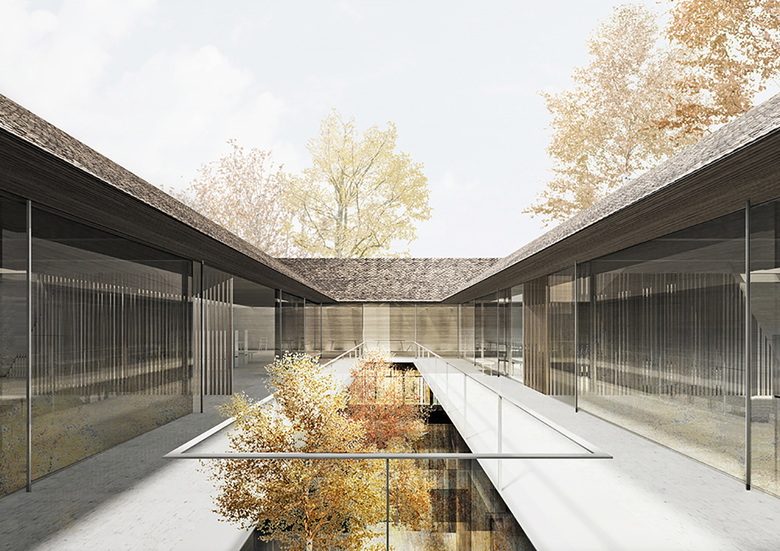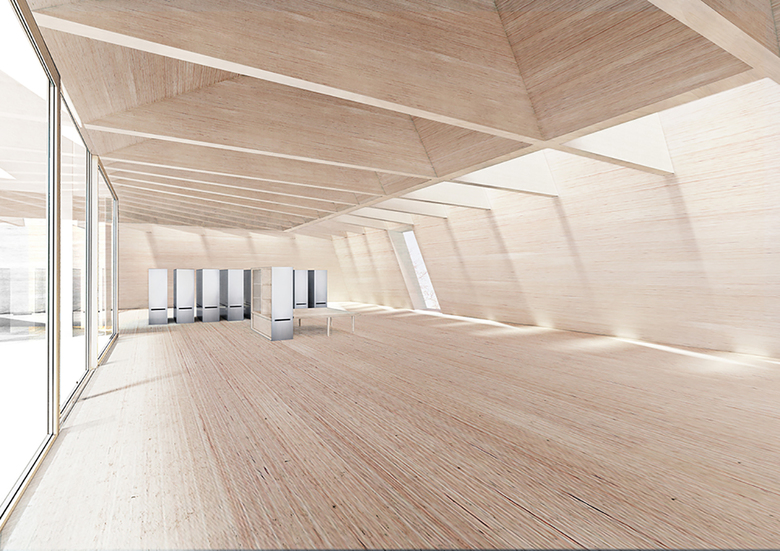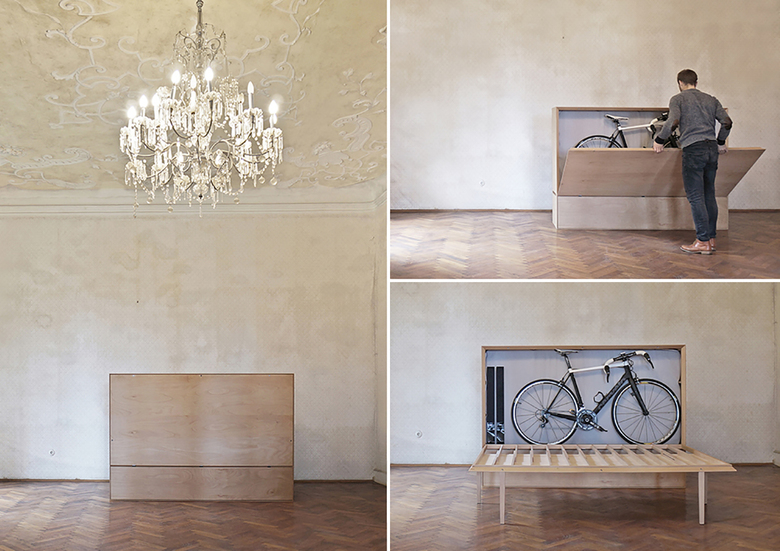Manufaktur Schloss Welsberg
Union of creativity and handcraft at a rural place
In the Sulm valley in Styria, close to the confluence of the rivers Weißer and Schwarzer Sulm, in 1765 the Rococo-Castle Welsberg was built by Leopold Karl Graf Welsersheimb. A net floor area of about 2000m² are currently unoccupied and abandoned. Which utilisation concepts and measures should be implemented to reactivate this historical building?
The throw-away society is the leading population in the Western world. Not only massive overconsumption also the interested of short-lived products determine this society. Quality and consciousness for raw materials becoming forgotten. There is no need for durable goods which could be reused or even be repaired. The present products are fast, cheap and available everywhere. Due to throw-away products handcraft is becoming unaffordable and unattractive to practice especially by the young generation. This aspects also influence the rural areas where handcraft is faced with issue like rural exodus. Many buildings are abandoned and without usage.
The present study shows a multifarious re-programming concept to convert the historic castle into affordable space for offices with a sustainable philosophy, restaurant, café, seminar-, and exhibition rooms. The proposed conversion respects to a sensitive refurbishment and intends to strengthen the existing structure of the region. Using the interim as a strategy for a step by step realisation, an unmanageable investment can be avoided. A diverse room layout within the consisting structure is extracted by a new complex which contains workshops for processing raw materials. Both, the theoretical (offices) and practical (workshops) part of the general concept creating a symbiosis from which each of them benefits. Spatial density at this specific countryside place give a certain strength to the produced items. The conceptual design of the new workshop complex is a column-free hall with an open floorplan for different kind of professions. The covering roof construction is inspired from the historic wooden structure of the castle. The roof appears closed and traditional from the outside, but an atrium in the centre and an indirect skylight ring on the top provide smooth illumination to the inside. In contrast to the transparent ground level, which invites visitors to understand the process of manufacturing, the upper level is introverted and surprises by entering with a warm atmosphere. The east façade on the garden side steps back and creates a covered colonnade, the delicate column filter enables the garden entering the building. The castle and the added workshop building represent the brand “Manufaktur Schloss Welsberg”, it´s the physic platform for interaction between people to create a worldwide network. With little effort but some creativity the kick-off was done by establishing an interim working space in the castle which made it possible to do this present study and develop the “Wanderbox 2.0”, the first product of the Manufaktur Schloss Welsberg. The Wanderbox is based on the idea of bringing creatives and crafts person together for innovative high-quality long-life products.


